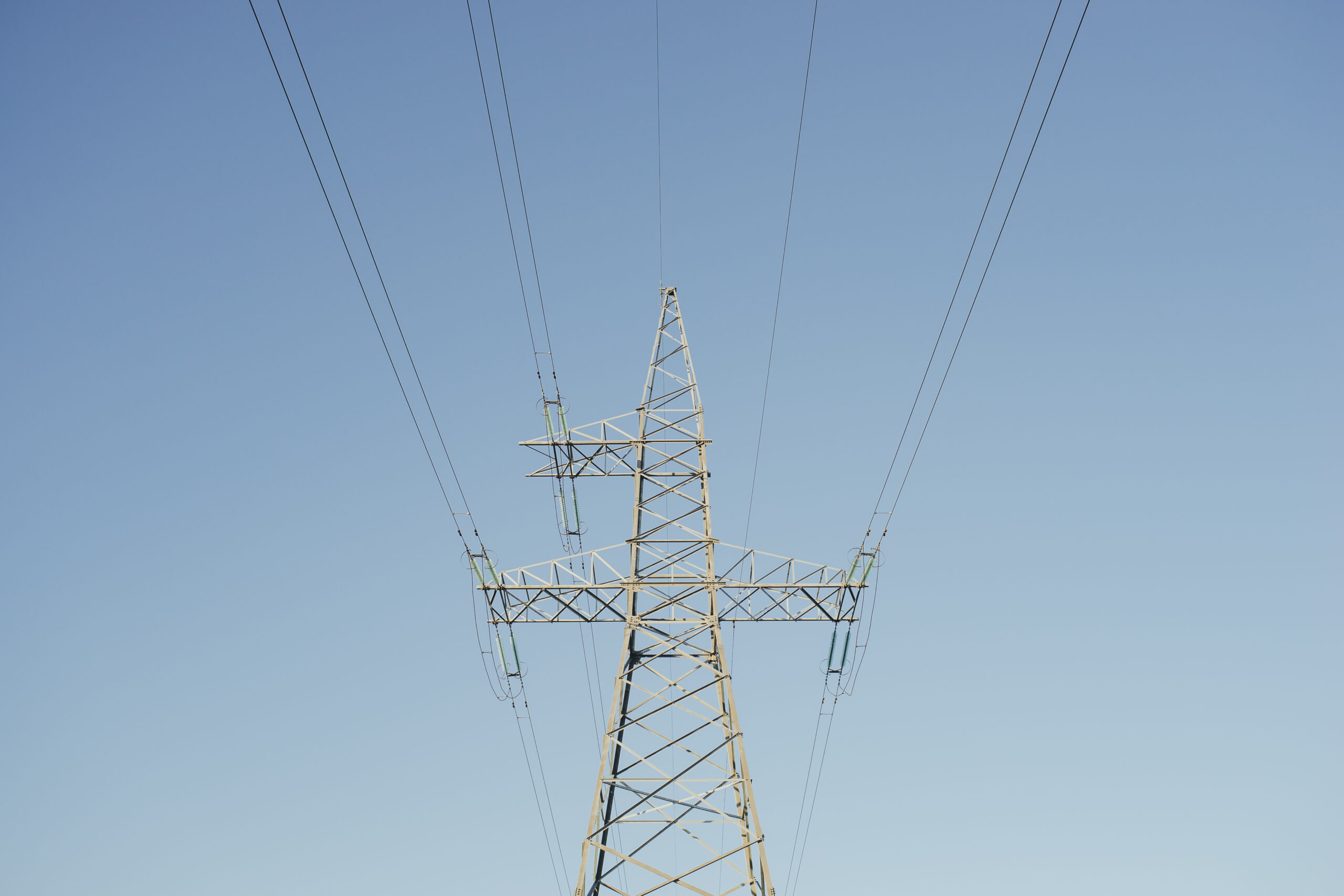Renewable energies in focus
The authorities ACER and CEER monitor the EU energy markets.
The ACER Market Report 2024 highlights the progress and challenges on the way to an integrated EU electricity market. With a particular focus on the growing importance of renewable energies and flexible market mechanisms, the report shows ways in which the EU can stabilise its energy prices and strengthen competitiveness – crucial factors for industry and the economy, especially in Germany.
The report by the Agency for the Cooperation of Energy Regulators (ACER) on the integration of the EU wholesale electricity market shows significant progress, but also key challenges of the energy transition. The drivers are the rapid expansion of renewable energies, particularly wind and solar energy, and the need to strengthen flexible market structures to respond to the changing generation landscape. Renewable energies played a dominant role in 2023, with the share of non-reactive generation, which cannot adapt to short-term fluctuations in demand, increasing by 10 per cent. This development led to an increase in negative electricity prices in the EU and continues to pose a challenge for system integration. In Germany, the increased feed-in from wind and solar has led to more frequent price volatility. The ACER report identifies potential for improvement here, particularly through targeted investments in more flexible solutions such as storage systems and cross-border interconnectors. The German market could benefit from better integration of the intraday and balancing markets to be able to react appropriately to fluctuating generation from renewable sources.
Integration in the EU balancing markets has so far been limited: only four Member States, including France and Italy, have connected their national transmission system operators (TSOs) to the European balancing platforms, which have been operational since 2022. ACER recommends that more countries integrate their TSOs to promote cross-border balancing and reduce the number of expensive balancing measures. Another result is the high level of grid congestion in the EU. The cost of congestion management rose to around 4 billion euros in 2023, which underlines the importance of investing in grid capacity and more flexible infrastructure.
Renewables have led to significant market changes, with increasing supply from wind and solar contributing to the separation of electricity prices from fossil fuels. ACER proposes that long-term power purchase agreements (PPAs) and two-way contracts for difference (2-way CfDs) for renewables and nuclear energy are specifically promoted to provide price stability to industrial companies, particularly in Germany. The promotion of self-consumption models for energy-intensive companies is also recommended as a way of cushioning price volatility.
The ACER report emphasises the need to gradually decarbonise the pricing mechanisms for natural gas and to stabilise the electricity markets in the long term. As forward markets currently only offer price forecasts for up to one year, ACER proposes regulatory measures to stabilise the market in the long term. In Germany, which is dependent on reliable prices for its highly competitive industry, this could be a decisive step towards ensuring international competitiveness and promoting investment in clean energy.
ACER plans to publish a report on the efficiency of infrastructure investments in the electricity sector by the end of 2024. From 2025, the regulations for market integration are also to be reviewed and adapted, including the introduction of a grid code to promote demand flexibility. These measures are key steps to make the EU electricity markets more resilient and flexible and to support the ambitious energy targets of increasing renewable energy capacity and reducing dependence on fossil fuels by 2030.
Source: Report from Brussels No. 34/2024 of 18th November 2024 / DIHK International Energy and Climate Policy Department






